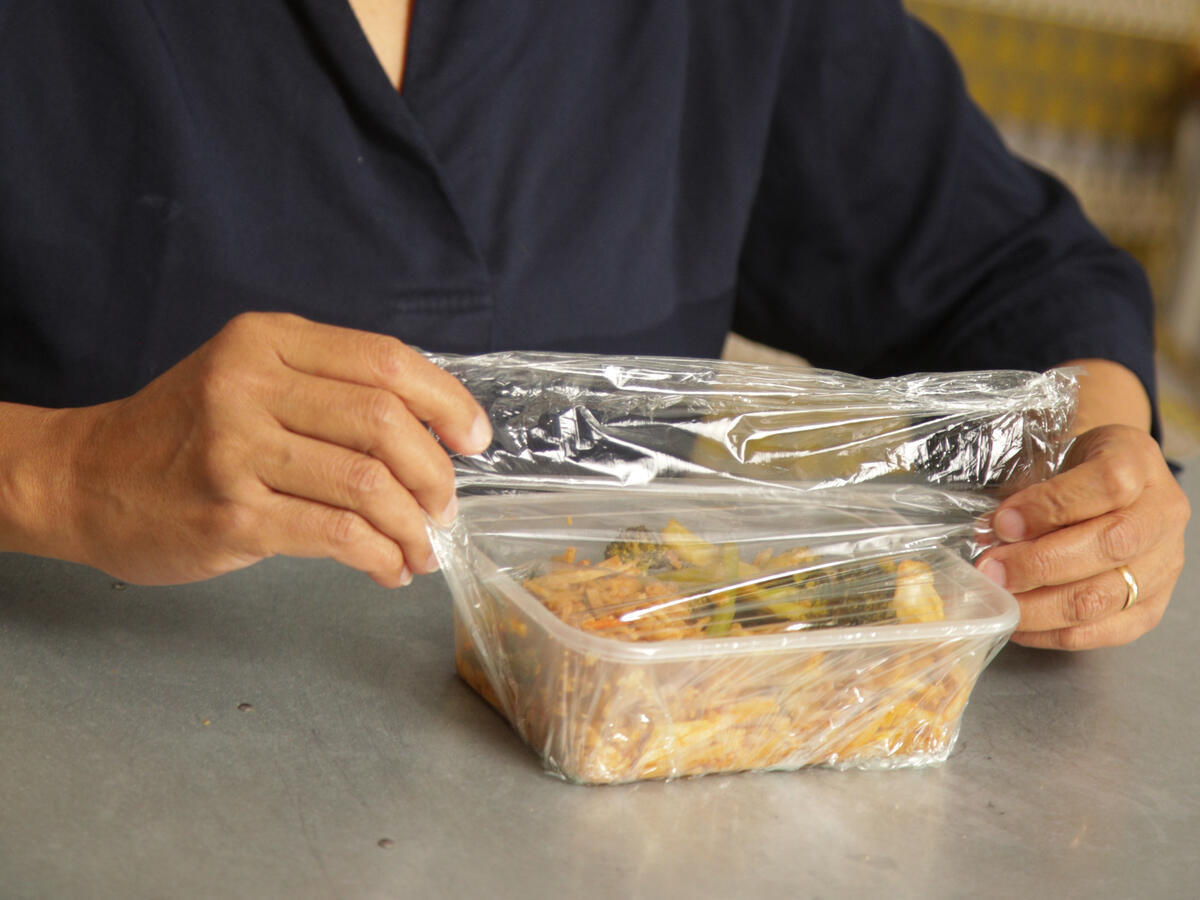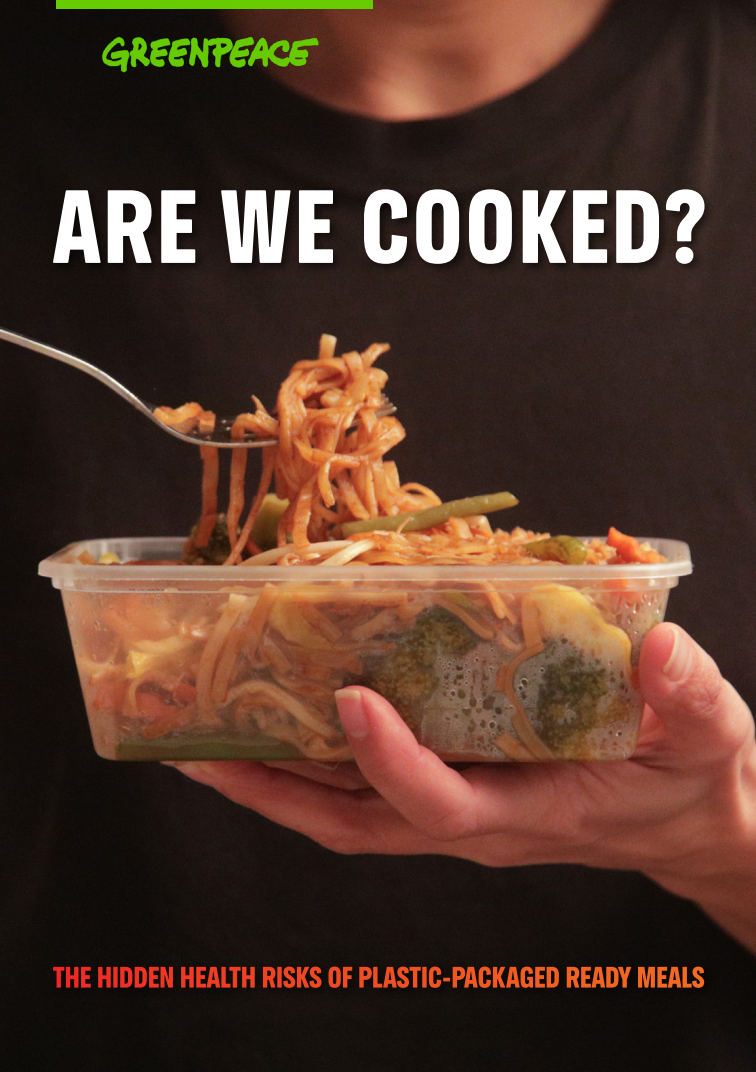Our fight against plastic pollution continues. The plastic pollution crisis gripping Southeast Asia cannot wait for global consensus. As nations prepare for the resumed Global Plastics Treaty talks in Geneva this August, ASEAN governments must recognise that regional action has become not just desirable, but critical for protecting human rights and environmental integrity across the region.
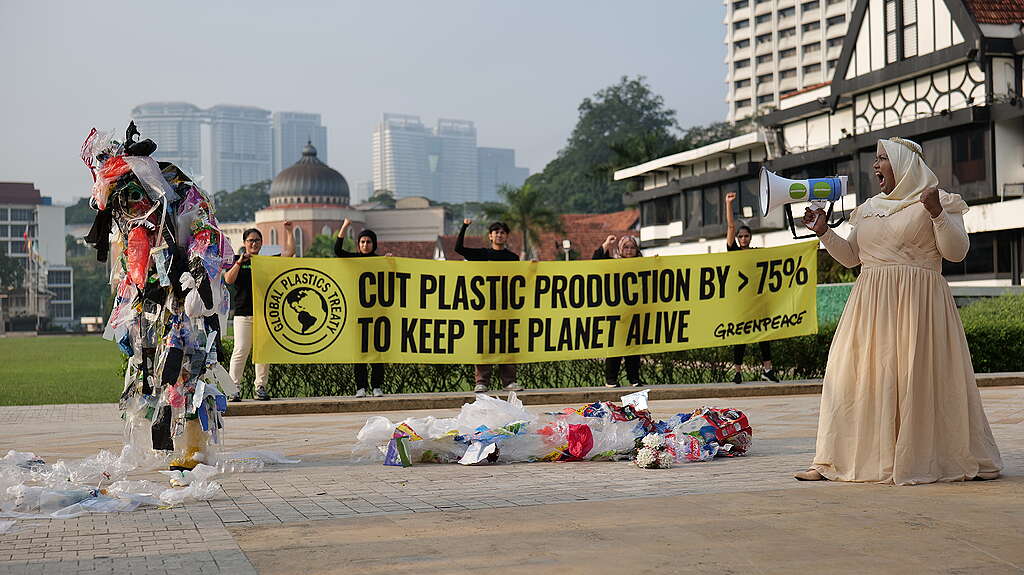
The urgency of the moment
While the resumed negotiations (INC-5.2) are scheduled for August 5-14, 2025, in Geneva, Southeast Asian communities facing the daily reality of plastic pollution cannot afford to wait for global solutions that may be further delayed or weakened by competing national interests.
The stark reality is that plastic pollution operates without regard for borders, and its impacts on human rights, public health, and environmental justice are most acutely felt in developing regions like Southeast Asia. Recent research findings underscore this urgency: international delegates consistently rank human health as the highest concern related to plastic risks, above environmental and economic issues. The study revealed that plastics production reduction and elimination of chemicals, polymers and products of concern were perceived as the most promising strategies for protecting human health, with even waste management officials prioritising production cuts over recycling approaches. Notably, delegates showed strong concern about health risks from plastic chemicals, microplastics, and plastics’ lifecycle contributions to climate change and air pollution, while expressing lower confidence in recycling as a health protection strategy. This evidence base reinforces that every day of delay translates to more contaminated waterways, more health impacts on vulnerable communities, and deeper entrenchment of unsustainable systems.
A clear regional action emerges
The path forward became clearer in early July when more than 40 parliamentarians and civil society representatives from Malaysia, Indonesia, Thailand, Philippines, and Vietnam convened with a shared commitment: to defend the right of all peoples in ASEAN to a safe, clean, healthy, and sustainable environment, and to collectively confront one of the region’s most urgent and neglected crises—the human rights impacts of plastic pollution and transboundary plastic waste trade.
The workshop, jointly organised by Break Free from Plastic and ASEAN Parliamentarians for Human Rights (APHR), produced a comprehensive joint statement that recognises a fundamental truth: the entire life cycle of plastics has become a systemic threat to human rights, public health, and environmental integrity. Crucially, they acknowledged that the impacts of this crisis are disproportionately borne by waste pickers and other workers in the informal recycling value chain, Indigenous peoples, women, children, and marginalised coastal and rural communities.
Environmental injustice reflects the lived reality across Southeast Asia, where the continued transboundary trade of plastic waste, often disguised as recycling, has enabled countries of the Global North to shift their environmental burdens onto the region. Despite national bans and international obligations under the Basel Convention, Malaysia, Indonesia, Vietnam, the Philippines, and Thailand remain hotspots for waste dumping and toxic exposure. CSOs group did not falter and fearlessly demanded urgent action on plastics production reduction with a Memorandum to the Malaysian leadership, which was handed over to Members of Parliament Lee Chean Chung (Petaling Jaya), Datuk Willie Anak Mongin (Puncak Borneo), and Dr Ahmad Yunus Hairi (Kuala Langat).
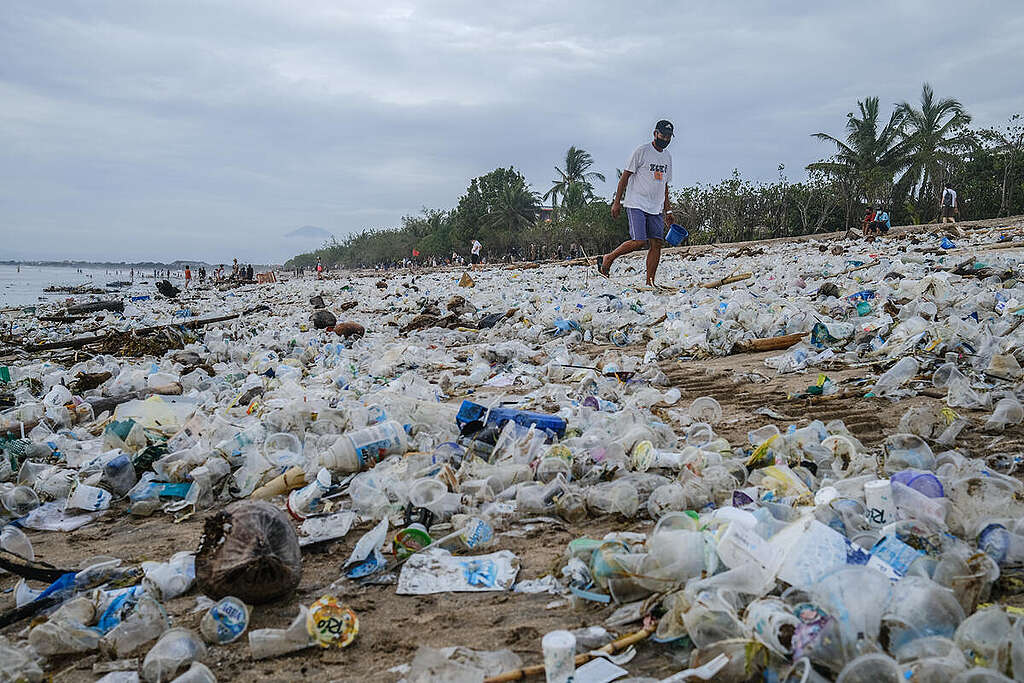
A legal foundation for environmental action
On 23 July 2025, the International Court of Justice delivered a landmark advisory opinion declaring that a “clean, healthy and sustainable environment” is a human right and that countries failing to take appropriate action could violate international law. The Court’s decision obligates States to regulate businesses on the harm caused by their emissions, finding that the right to a clean, healthy and sustainable environment is fundamental for all other human rights. This legal decision establishes that historical emitter countries have greater responsibility to address climate impacts, while governments that fail to curb production and consumption of fossil fuels, approve harmful projects, or provide financing for fossil fuels could be breaching international law. This legal framework intersects with plastic pollution, as plastics are fossil fuel derivatives and their lifecycle contributes significantly to climate change, air pollution, and chemical toxicity — all threats to the fundamental right to a healthy environment.
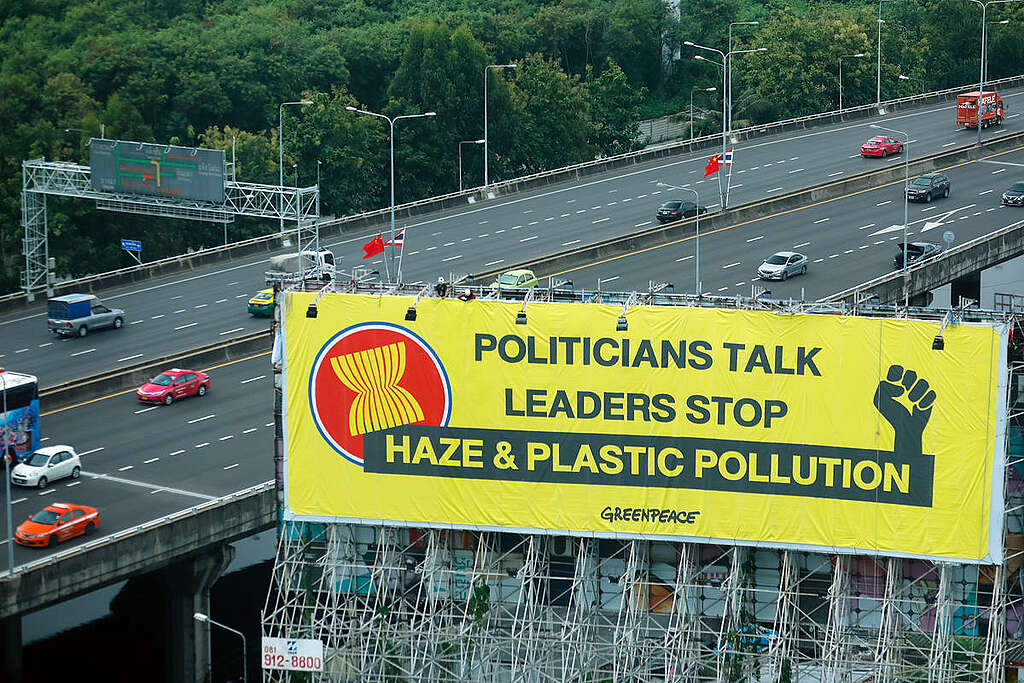
Why ASEAN leadership matters now
At the global level, negotiations on the legally binding Global Plastics Treaty present a critical window for ASEAN member states to champion ambitious, justice-oriented measures. Yet, ASEAN lacks a unified, ambitious negotiating stance despite the dire consequences of plastic pollution in the region. In light of these challenges and opportunities, the parliamentarians and civil society representatives urge ASEAN to acknowledge plastic pollution as a human rights issue and to fully align its environmental frameworks with international human rights obligations. This includes the explicit recognition of the right to a safe, clean, healthy and sustainable environment and the provision of protections, including access to justice for affected communities and environmental defenders who bear the brunt of the plastic pollution crisis.
Regional action is not just a fallback option while global negotiations continue—it’s an essential complement and potentially a catalyst for stronger global agreements. ASEAN’s experience with regional frameworks like the ASEAN Agreement on Transboundary Haze Pollution demonstrates that multilateral environmental action can be effective when there’s sufficient political will.
Moreover, Southeast Asia’s position as both a major plastic consumer and a recipient of plastic waste gives the region unique leverage in global value chains. ASEAN action could force changes in production and trade patterns that no single country could achieve alone.
The plastic pollution crisis will not pause for diplomatic convenience. ASEAN’s response must match the urgency of the moment, demonstrating that regional leadership can drive global change while protecting the human rights and environmental integrity that are at stake in every corner of Southeast Asia. A united voice from the region can shift the balance of global negotiations.
The choice is clear, and the time is now. By standing together, ASEAN can shape the Global Plastics Treaty into a tool for justice and accountability.

